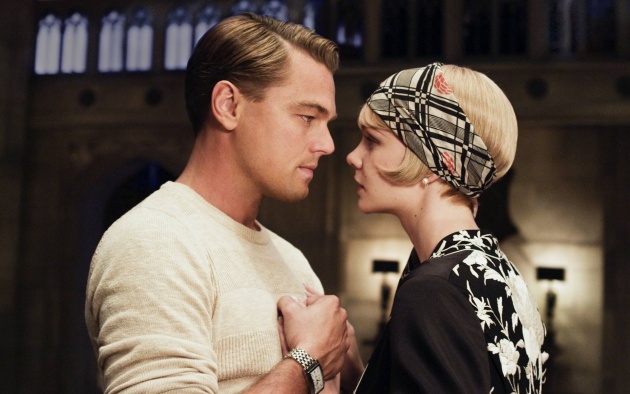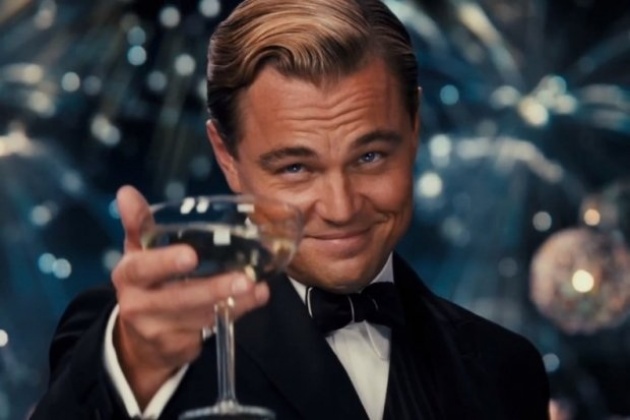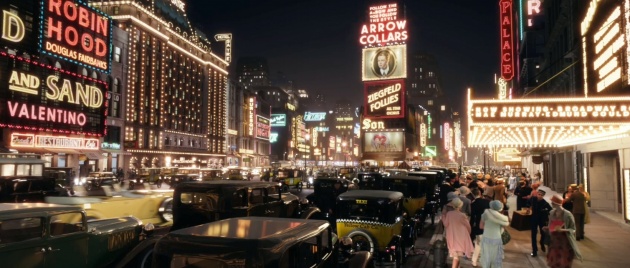When you hear the words classical literature what usually pops into your head? Shakespeare’s Macbeth or Romeo and Juliet? Catcher in the Rye? The Iliad? Well, one of the classics that I’m referring to has recently received a lot of attention due to its new Blockbuster movie.
Yes, I am referring to the Great Gatsby by F. Scott Fitzgerald. Now if you’ve never read this novel before, it is definitely one that should be on the top of your list; it is indeed a Greek drama type of love story, one that we all can appreciate.

The recent blockbuster film inspired by this classic stays true to the title and stars famous celebrities Leonardo DiCaprio, as Jay Gatsby, Tobey Maguire, as Nick Carraway, Joel Edgerton, as Tom Buchanan and Carey Mulligan as Daisy Buchanan.
Fitzgerald’s novel depicts the faults in the life most of us strive for that is, a life of luxury, beauty, lavish goods, never-ending jewel-filled parties, and of course, lots and lots of money.
Fitzgerald brings a new spin on the idea that ‘money bus happiness’ as Gatsby tries to win over his love, Daisy, through lavish parties and by flaunting his wealth.
One character that I want to focus on is in fact Gatsby’s impossible love, Daisy Buchanan. She is supposed to represent the women of her era and the dichotomy of personalities that were perceived as acceptable for women by society in the 1920s.
A memorable quote within Fitzgerald’s classic is when Daisy speaks of Nick and Jordan’s hope for an infant daughter she states, ”I hope she’ll be a fool—that’s the best thing a girl can be in this world, a beautiful little fool.”
This quote stuck with me because of the deeper meaning behind the image that society wanted women to posses versus the image they had of themselves. Daisy, as the symbol of the upper-class woman in the novel, represents a dual-persona to a certain extent.
On the one hand we have a woman who conforms to the societal expectations of women at the time as beautiful and simplistic, without much depth. On the other hand, we have Daisy’s logic for conforming to the ideals as a coping method to avoid tension and raising issue including her love for Gatsby.

This is just a tad bit of analysis from a simple though convoluted quote in Fitzgerald’s classic novel.
So if you haven’t read the book, you should. If you haven’t seen the movie or read the book, first read the book, then watch the movie, it’s always better that way.




